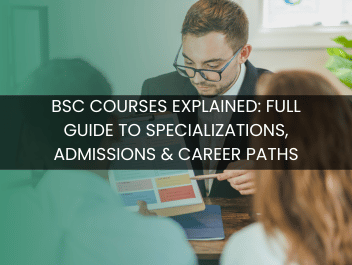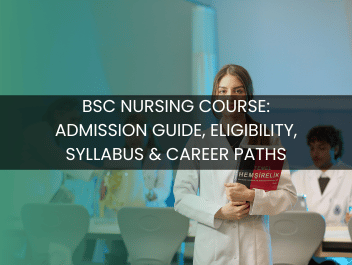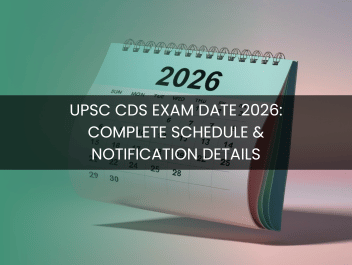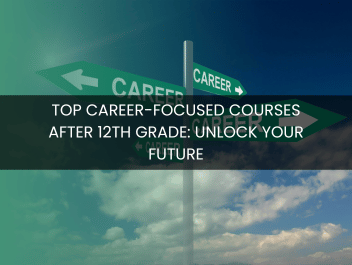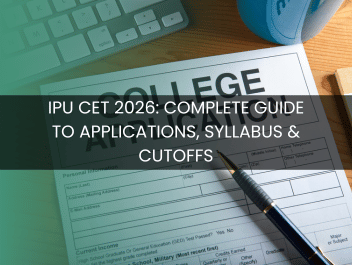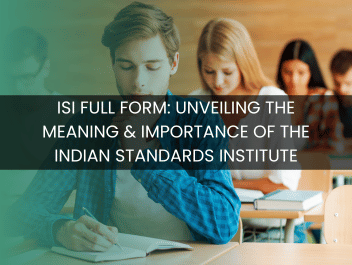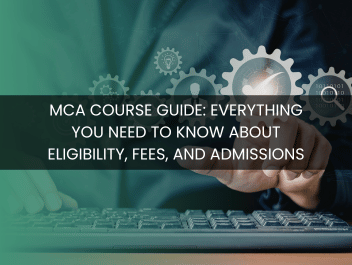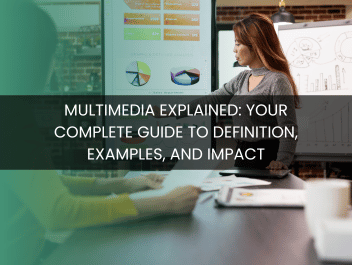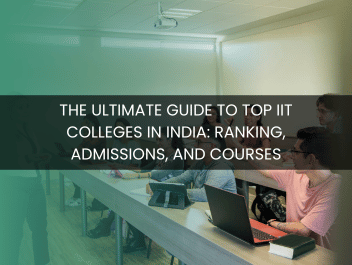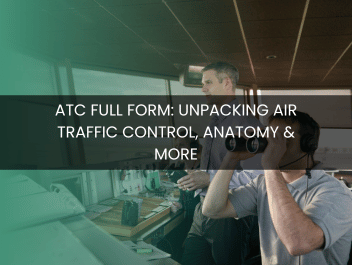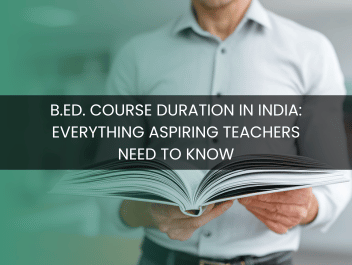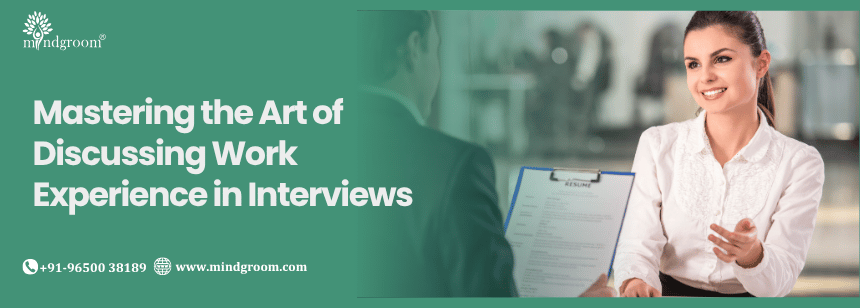
Mastering the Art of Discussing Work Experience in Interviews
Navigating work experience interview questions can often feel like treading through a complex maze—one misstep can lead to confusion, but with the right approach, each answer can unlock the door to your next career opportunity. Understanding how to articulate your job history efficiently is crucial in acing an interview, especially when faced with questions such as, "Tell us about your experience" or "Walk me through your resume." When conveyed effectively, your past experiences not only answer specific interview questions for experienced candidates but also highlight your suitability for the role.
Tailoring your narrative to showcase problem-solving, decision-making, and leadership skills can make a significant difference. For instance, knowing how to tell work experience in an interview or preparing a tell me about your work experience sample answer ensures you present a cohesive story. It’s not just about listing past duties—it's about illustrating growth, quantifying achievements, and demonstrating how you've impacted previous workplaces positively.
This article delves into mastering how to tell experience in an interview—offering strategies for crafting compelling stories and advice on handling pressure. With tips on effective communication and delivery, we aim to boost your confidence, ensuring you not only meet but exceed expectations in an interview setting.
Table of Content
- 1. Understanding the Purpose of Work Experience Questions
- 2. How to Tell Work Experience in Interview:
- 3. Key Interview Questions: What They Really Mean
- 4. Crafting Compelling Work Experience Stories
- 5. Highlighting Problem-Solving Skills
- 6. Demonstrating Decision-Making Abilities
- 7. Showcasing Leadership Qualities
- 8. Preparing Specific Examples and Stories
- 9. Emphasizing Growth and Learning
- 10. Quantifying Achievements and Impacts
- 11. Techniques for Effective Communication
- 12. Practicing Active Listening
- 13. Adapting Responses Based on Interviewer Feedback
- 14. Sample Answers: Dos and Don'ts
- 15. Crafting a Strong Opening Statement
- 16. Avoiding Common Pitfalls in Answers
- 17. Handling Interview Pressure and Deadlines
- 18. Thriving in Diverse Work Environments
- 19. The Importance of Preparation and Delivery
- 20. Building Confidence Through Practice
- 21. Effective Body Language and Eye Contact
- 22. Conclusion: Demonstrating Achievements and Potential
Understanding the Purpose of Work Experience Questions
In a work experience interview, hiring managers aim to uncover insights beyond your resume. Interview questions for experienced candidates often focus on past roles and achievements. When asked, "Tell us about your experience," it's essential to present a compelling narrative.
Sample Answer Tip:
A well-crafted response highlights key achievements, relevant skills, and aligns with the job's requirements. For example, prepare a "Tell me about your work experience sample answer" that details your most impactful projects, showcasing both technical skills and project management expertise.How to Tell Work Experience in Interview:
- Structure Your Answer: Start with a succinct overview of your career path.
- Highlight Major Projects: Discuss 2-3 major projects, emphasizing collaborative environments.
- Reflect on Skills: Elaborate on both technical and communication skills crucial to potential employers.
Understanding how to tell experience in interview scenarios can boost your chances of becoming the ideal candidate. Highlighting your previous experience through common questions showcases your fit within the company culture.
Overall, interview questions for experienced candidates are a gateway for employers to assess your suitability based on your history and future career growth potential.
Key Interview Questions: What They Really Mean
Interview questions often seem straightforward, but they carry deeper implications. Understanding the nuances of these questions can give you an edge during a work experience interview. For experienced candidates, these queries aim to assess how well your previous roles have prepared you for the potential employer's needs. Common interview questions are designed to gauge your fit with the company culture, the alignment of your relevant skills, and to uncover details not visible on your resume. By preparing for these questions, you can demonstrate how your prior achievements and experiences have built a foundation for future career growth. It's not just about relaying facts, but providing a narrative that highlights your career trajectory.
"Tell me about your work experience"
When you hear "Tell us about your experience," it's your opportunity to shine. This question is open-ended, inviting you to weave a story around your work history. The interviewer wants to see how your past experiences relate to their current job opening. It's about transforming your resume into a lively and engaging narrative, emphasizing how you became who you are today professionally.
Begin your response by offering a brief career overview, setting the stage for more detailed descriptions of your previous experience. Highlight key achievements in your most recent roles, focusing on projects that demonstrate skills relevant to the job at hand. Make sure to articulate how your technical skills, along with your capacity to work in collaborative environments, align with the job requirements. Keep the storytelling aspect alive by discussing challenges faced and how they honed your critical thinking.
In essence, an effective "Tell me about your work experience sample answer" should align with the company's goals, showcasing you as an ideal candidate eager to fit into their team dynamics. This part of the interview can significantly impact the hiring process by painting you as both a team player and a leader ready for major projects.
"Walk me through your resume"
"Walk me through your resume" is a common question that requires a structured approach. This isn't just a chronology of jobs; it's about linking your past roles with your potential future position. The interviewer is interested in how each step in your career brought you closer to being a suitable candidate for their company.
Start by briefly discussing your education and how it led to your initial position. Progress naturally through each role, highlighting your growth, achievements, and learnings. Focus on how your skills, particularly technical and communication skills, evolved over time. Emphasize any long-term projects or stressful situations where you played a crucial role.
As you narrate your journey, pinpoint moments that showcase your adaptability and resilience. Discuss any job transitions that were pivotal in enhancing your capabilities. Potential employers will look for consistency between your resume and your verbal account, so ensure they align seamlessly.
Conclude with your current position, explaining what you have gained from it and how it has prepared you for the role you are eyeing. The narrative should portray you as someone who actively seeks out opportunities for career growth and fits well within their company culture.
Crafting Compelling Work Experience Stories
Sharing your career journey during a work experience interview is a golden opportunity to make a lasting impression. By preparing compelling stories about your previous roles, you can showcase your relevant skills and fit within the company culture. Start by reflecting on your past experiences and achievements, focusing on situations where you made a significant impact. This approach not only answers interview questions for experienced candidates but also offers potential employers insight into your career growth. A well-crafted narrative allows you to blend common interview questions with your specific experiences, illustrating your abilities and setting you apart as the ideal candidate for the job.
Highlighting Problem-Solving Skills
When telling your work experience in an interview, it's crucial to highlight your problem-solving skills. These skills are often what set candidates apart in a job interview, and they're especially relevant to hiring managers looking for someone who can excel in collaborative environments. To tell your experience in an interview effectively, select a situation where you demonstrated critical thinking. Paint a picture of the challenge you faced, describe the steps you took to address it, and explain the results of your efforts. This method not only answers common interview questions but also showcases your ability to tackle a stressful situation logically and efficiently.
Demonstrating Decision-Making Abilities
In interviews, potential employers are keen to evaluate your decision-making abilities. How you discuss your past decisions can determine how well you'll fit within your future team. When asked to "tell us about your experience," focus on a moment where you made a difficult decision. For example, detail a scenario where you had to weigh various options and the criteria you used to reach a final choice. A sample answer might involve describing a critical decision that led to a successful outcome for your team or project. Demonstrating sound decision-making abilities assures employers you can be a reliable player when faced with challenging situations.
Showcasing Leadership Qualities
Leadership qualities are highly sought after in any job interview. Highlighting these traits in your work experience stories can set you apart from other candidates. When asked, "tell me about your work experience," mention specific instances where you led a team or project. Focus on how you inspired and motivated others, how you dealt with conflicts, and how you celebrated successes. This approach shows potential employers that you not only possess technical skills but are also adept at navigating the interpersonal dynamics crucial to leadership. Even if you weren't in a formal leadership role, discuss how you contributed to team success, revealing your potential for career growth within XYZ Company.
Preparing Specific Examples and Stories
When preparing for a work experience interview, it’s crucial to have specific examples and stories ready. Potential employers often use interview questions for experienced candidates to gauge how you have utilized your previous experience in past roles. Being able to tell us about your experience with relevant skills and projects can help showcase your ability to thrive in a collaborative environment. These stories are not just about what you did but how you did it, illustrating your problem-solving and critical thinking abilities. Preparing responses to common interview questions will help convey that you are the ideal candidate for the job.
Emphasizing Growth and Learning
Emphasizing growth and learning is essential during a work experience interview. Employers want to see how you have evolved from previous roles and how that growth contributes to your current company performance. Explain what you learned from major projects and stressful situations, demonstrating your ability to adapt. Share how feedback from previous employers led to your professional development. Answering questions such as "tell me about your work experience sample answer" with stories of growth reveals your commitment to continuous improvement. Highlighting career growth illustrates your readiness for increased responsibilities and leadership roles.
Quantifying Achievements and Impacts
In a work experience interview, quantifying achievements and impacts is key to setting yourself apart. Employers look for data-driven accomplishments that highlight your contributions to previous employers. Use metrics to demonstrate how you improved processes or increased efficiency. For example, if you implemented a project management software that decreased delivery time by 20%, mention this explicitly. Showcasing your ability to make a tangible difference supports your claims of relevant experience and technical skills. By telling experience in interviews with quantifiable data, you present yourself as a results-oriented candidate, aligning with the company culture and meeting the expectations of potential employers.
Techniques for Effective Communication
Effective communication is a vital element in any work experience interview. It's not only about speaking clearly but also about conveying your thoughts in a way that resonates with the interviewer. Mastering communication involves understanding both verbal and non-verbal cues. This skill is essential when answering common interview questions and presenting your previous experience. It helps potential employers understand your career growth and how you can fit into the company culture. Let's explore techniques to enhance your communication during an interview.
Practicing Active Listening
Active listening plays a crucial role in successful interviews. It involves paying full attention to the interviewer and responding appropriately. This skill helps in understanding interview questions for experienced candidates and formulating relevant answers. By focusing on the questions, you can tailor your responses effectively, providing a thoughtful sample answer to common interview questions. Additionally, active listening shows respect for the interviewer, which can make you an ideal candidate for the job.
To practice active listening, maintain eye contact and nod to show understanding. This non-verbal communication assures the interviewer that you are engaged. Avoid interrupting and wait until the person finishes speaking before you respond. When preparing to answer a question like, "Tell me about your work experience sample answer," ensure your response is aligned with what you have heard. Reflect back what you've understood, summarizing key points to confirm clarity and comprehension.
Adapting Responses Based on Interviewer Feedback
Adapting your responses according to the interviewer's feedback is another effective communication technique. This adaptability demonstrates your communication skills and your ability to work in collaborative environments. Potential employers look for candidates who can adjust their communication style based on feedback, which is important for roles that require teamwork and project management software.
To achieve this, pay attention to the interviewer’s body language and verbal cues. These signals can guide you when elaborating on topics such as previous roles or relevant skills. For instance, if an interviewer seems interested in your previous employers, expand on how those experiences prepared you for the current job. Adjust your tone and pace as needed, ensuring your answers are concise and relevant. Show how you can make informed decisions even in a stressful situation by incorporating feedback into your answers. This adaptability is often highlighted in behavioral interview questions and can significantly impact the hiring process.
Sample Answers: Dos and Don'ts
When preparing for a work experience interview, having a strong sample answer can give you an edge. It's not just about rehearsing a script but understanding the Dos and Don'ts that guide your response. Your aim is to highlight your previous experience in alignment with the job role. Start by reviewing the interview questions for experienced candidates. Anticipate queries about your relevant skills, past roles, and the lessons learned from them. Here, we'll explore how to tell work experience in an interview effectively and steer clear of potential mistakes.
Crafting a Strong Opening Statement
Crafting a strong opening statement sets the tone for your work experience interview. Start by clearly stating your current company or the most recent role. Connect your previous experience to the position you're applying for. This shows potential employers that you've done your homework and understand the job requirements. Remember to mention key achievements or major projects that relate to the role. For instance, if you previously used project management software successfully, share that experience. It demonstrates your readiness for their company culture and expectations.
One effective way to begin is by highlighting your communication and technical skills. For example, starting with, "In my previous roles, I've successfully managed teams while implementing new software solutions," showcases your leadership and adaptation skills quickly. Avoid jumping straight into salary expectations or other potential turnoffs initially. Your goal is to grab attention by aligning your past and current qualifications with what the position needs.
Avoiding Common Pitfalls in Answers
It's crucial to avoid common pitfalls when presenting your experience in an interview. A frequent mistake is being too vague or overloading your answers with irrelevant details. Keep responses concise and directed towards the job's key requirements. For example, instead of merely listing positions held, highlight what you learned and how it shaped your career growth.
Interview questions for experienced candidates often include, "Tell us about your experience," or "How have you handled a stressful situation?" Be prepared to offer specific scenarios. Use a tell me about your work experience sample answer if needed to structure your response. For example, structuring answers to behavioral interview questions with the STAR method (Situation, Task, Action, Result) can clarify complex ideas simply.
Lastly, avoid criticizing previous employers or dwelling on negative experiences. Such comments can leave a bad impression and suggest that you might carry negativity into the new role. Focus on how challenges have developed your critical thinking and made you a better team player. By crafting thoughtful responses and avoiding these pitfalls, you'll position yourself as the ideal candidate for any potential employer.
Handling Interview Pressure and Deadlines
Handling interview pressure and meeting deadlines is crucial for job seekers. It's common to feel anxious during a work experience interview. This doesn't mean you can't succeed. Here are some strategies to help manage these challenges:
- Prepare Ahead: Understand the potential interview questions for experienced candidates. Practice with questions like "Tell us about your experience" or "Tell me about your work experience sample answer." This preparation builds confidence.
- Highlight Relevant Skills: When asked "How to tell work experience in interview," focus on key achievements and skills. Share examples that align with the job’s requirements to impress potential employers.
- Stay Calm Under Pressure: During the interview, use slow, deep breaths to stay calm. Relaxation techniques can help control nerves. Practice answers to common questions to gain confidence.
Interview Tips:
- Research the Company: Know the company culture and
what they value in an ideal candidate.
- Be Honest: Reflect on your previous roles and experiences truthfully.
- Structure Your Responses: Use a clear format to discuss how you
managed stressful situations or difficult decisions.
Meeting deadlines starts with preparation. Use project management software to track tasks and stay organized. Prioritize tasks to ensure timely completion. With these strategies, you'll navigate interviews and deadlines smoothly.
Thriving in Diverse Work Environments
Thriving in diverse work environments requires adaptability and openness to new experiences. As businesses become more global, employees encounter a wide range of cultures and perspectives. This diversity can foster innovative ideas and solutions.
Key Strategies for Thriving:
- Embrace Cultural Diversity: Learning about different cultures enhances understanding and collaboration.
- Develop Strong Communication Skills: Effective communication is key in diverse teams, ensuring all voices are heard.
- Be Open to Feedback: Constructive criticism from diverse perspectives can lead to personal and professional growth.
- Adaptability: Being flexible and open to new ways of doing things allows individuals to thrive in various settings.
- Continuous Learning: Staying informed about global trends and industry changes can provide a competitive edge.
|
Strategy |
Benefit |
|
Cultural Understanding |
Enhanced collaboration and innovation |
|
Communication Skills |
Effective teamwork and conflict resolution |
|
Openness to Feedback |
Personal and professional development |
|
Adaptability |
Success in changing environments |
|
Continuous Learning |
Staying competitive in global markets |
By employing these strategies, individuals can not only thrive in diverse work environments but also contribute positively to their teams and organizations.
The Importance of Preparation and Delivery
Preparation and delivery play a vital role in any work experience interview. Mastering these elements can set the stage for a successful interaction, making a lasting impression on potential employers. Taking the time to prepare allows job seekers to confidently address interview questions for experienced candidates. With thorough preparation, individuals can smoothly handle the pivotal moment when asked, "Tell us about your experience." It sets the foundation for delivering polished and well-structured responses. Equally important is the delivery. Clear and confident communication can significantly enhance how to tell work experience in an interview. Together, preparation and delivery form a powerful combination that can help candidates shine during the hiring process.
Building Confidence Through Practice
Building confidence before a work experience interview is crucial. One effective method is through consistent practice. Practicing responses to common job interview questions allows candidates to refine their answers and reduce anxiety. For those wondering how to tell experience in an interview, rehearsing can make responses feel more natural. It becomes easier to share previous roles and highlight relevant skills with ease. A beneficial technique is role-playing scenarios with a friend or mentor, simulating the environment of a job interview. This practice prepares individuals for behavioral interview questions and enhances their ability to provide clear and concise responses, bolstering their confidence in interviews. It not only improves the delivery of answers like "Tell me about your work experience sample answer" but also reinforces belief in one's abilities.
Effective Body Language and Eye Contact
Effective body language and eye contact are key components of successful interview delivery. Body language can convey confidence and professionalism, influencing how candidates are perceived by potential employers. Maintaining a calm and upright posture during the interview showcases composure and attentiveness. Simultaneously, making appropriate eye contact establishes rapport with interviewers, demonstrating engagement and sincerity. Eye contact, when balanced and natural, can convey authenticity and help emphasize important points about past experiences or current company achievements. Being mindful of hand movements and facial expressions also prevents potential distractions, allowing the candidate's message to be delivered effectively. Together, these non-verbal cues support the verbal narrative, making the work experience interview more compelling and memorable to hiring managers.
Conclusion: Demonstrating Achievements and Potential
In conclusion, a successful work experience interview is your chance to demonstrate both your achievements and future potential. Highlighting your previous roles and relevant skills is key. Potential employers are keen to understand how your prior experience can fit with their company culture.
When asked, "Tell us about your experience," focus on major projects and collaborative environments. Your response should include a mix of technical skills and communication skills. Sample answer: "In my last role at XYZ Company, I led a team using project management software to complete initiatives ahead of schedule."
Prepare for interview questions for experienced candidates by reflecting on your past roles. Grease the wheels of discussion by forming answers to behavioral interview questions. This demonstrates your problem-solving abilities, critical thinking, and how well you work under pressure.
Here’s how to tell work experience in an interview effectively:
- Highlight key achievements.
- Show your strengths and growth.
- Use specific examples.
- Match your experience with job requirements.
By offering detailed anecdotes and clear outcomes, you're not just talking about your past but illustrating your potential for future success.
Looking For Job Satisfaction on the long run?
Please feel free to contact our experts
Call to ask any question
+91-9319336222Monday to Saturday
(9:00 AM to 8:00 PM)Resent Blogs
10 Things to Do During an Interview to Impress Your Future Employer
Learn MoreCrafting Your Personal Narrative: A Guide to Writing About Yourself
Learn MoreTop 10 Essential Interview Questions and Expert Answers for 2025
Learn MoreAce Your Next Interview: Essential Questions and Expert Answers for 2025
Learn MoreFirst-Time Manager Interview: Crucial Questions and Strategies for Success
Learn More150 Essential General Knowledge Questions for Interviews in 2025
Learn MoreMaster the Google Interview: Strategies for Success in 2025
Learn MoreHow Can You Describe Yourself Professionally? 5 Key Strategies You Need to Know
Learn MoreMastering the Art of How to Take Interview: Essential Techniques for Success
Learn More25 Essential HR Interview Questions and Answers PDF You Can't Ignore
Learn More7 Tips to Ace Your HR Screening Round and Land Your Dream Job
Learn More10 Essential Tips for Acing Your Interview Exam
Learn More5 Unique Interview Format Examples to Stand Out in Your Next Interview
Learn More5 Powerful Techniques for a Memorable Interview Introduction
Learn MoreMaster Your Next Interview with These Top Interview Preparation Apps
Learn MoreMastering the Art: Top Interview Questions for 12th Class Students
Learn More7 Must-Know Interview Questions for Freshers to Ace Your Job Hunt
Learn MoreMastering Interview Questions for HR Position with Answers: Strategies for Success
Learn More12 Essential Interview Questions for Recruiter Position You Should Prepare For
Learn More10 Must-Know Interview Questions UK Employers Love to Ask
Learn More10 Creative Interview Writing Examples to Spark Your Imagination
Learn More15 Essential Managerial Interview Questions for Freshers to Prepare
Learn More15 Unique Marketing Interview Questions You Haven't Prepared For
Learn More7 Key Strategies for a Successful Mock Interview Session
Learn MoreThe Ultimate Guide to Model Interview Questions: What You Need to Know
Learn More5 My Self Question Exercises to Unlock Your True Potential
Learn More10 Normal Questions That Can Spark Deep Conversations
Learn More15 Essential Personal Interview Questions for Freshers to Ace Your Next Job
Learn More10 Essential Phone Interview Questions You Can’t Afford to Ignore
Learn More15 Essential Sales Interview Questions and Answers for Freshers
Learn More7 Key Situational Interview Questions Every Employer Should Ask
Learn More15 Essential Software Developer HR Interview Questions You Need to Prepare For
Learn MoreMastering the Technical Interview: Essential Questions and Answers
Learn MoreTop Strategies for Responding to Tell Me About Yourself in a Student Interview
Learn MoreTop 10 Interview Questions and Expert Answers
Learn MoreMastering the Art of Interviewing: 50 Tough Questions and Smart Answers
Learn MoreHow to Ace Your Next Mock Interview: Tips and Strategies for Success
Learn MoreYour Ultimate Guide: 60 Insightful Questions to Ask Interviewers
Learn MoreCrafting the Perfect Response to Why Do You Want This Job?
Learn MoreUnique Ways to Tackle the Question Why Should We Hire You?
Learn MoreWhy Should We Hire You? - Top 10 Answers for Customer Service Roles
Learn MoreMastering the Art of Discussing Work Experience in Interviews
Learn MoreMastering Your Sales Interview: 50 Essential Questions and Answers
Learn MoreCareer Paths After 12th Commerce: Your Future Starts Here
Learn MoreExplore One-Year Courses After 12th for Non-Medical Students
Learn MoreQuick Career Paths: 2-Year Degree Courses After 12th for Fast-Track Success
Learn MoreComprehensive Guide: Courses After 12th Commerce
Learn MoreTop 10 Lucrative Courses to Consider After Completing Engineering
Learn MoreAdvancing Your Career: Top Choices After B.Tech in 2025
Learn MoreExplore Your Future: After CET Exam Which Course is Best for Aspiring Professionals?
Learn More5 Reasons Why After Inter CEC, Choosing the Right Course is Crucial
Learn MoreAfter PUC Which Course is Best for Aspiring Engineers? Explore Your Options!
Learn MoreUnlocking Your Future: Best Arts and Science Courses After 12th for 2025
Learn MoreWhy a Bachelor Degree in Commerce is Your Pathway to Success
Learn More15 Best Career Courses to Boost Your Earning Potential in 2025
Learn MoreEmerging Career Fields for 2025: What You Need to Know
Learn MoreExploring In-Demand Career Paths After 12th: Science, Arts, Commerce
Learn More15 Lucrative Science Careers You Should Consider
Learn MoreHigh-Paying Career Paths for Girls After 12th Commerce
Learn MoreTop 10 High Salary Career Courses After 12th Biology
Learn MoreTop 10 High-Paying BSc Specializations for 2025
Learn MoreExploring the Future: Innovative Career Paths for B.Tech Graduates in 2025
Learn MoreComprehensive Guide to B.Tech Specializations for MPC Graduates
Learn MoreUnlocking Your Potential: The Ultimate B Tech Job List for 2025
Learn MoreB.Tech Salary Insights: How Much Can You Earn Per Month?
Learn MoreEssential Business Courses After 12th: Your Guide to a Successful Career
Learn MoreHow Commerce Students Can Transition to BSc IT
Learn MoreExploring Career Paths After 12th: Your Guide to Success in 2025
Learn MoreCertainly! Here are 10 additional title ideas inspired by the list you provided
Learn MoreExploring Career Paths After Engineering: Your Guide to the Future
Learn MoreThe Ultimate Guide to Career Options Post-High School Graduation
Learn MoreDiscover the Top 10 Chemistry Courses After 12th That Lead to High-Paying Jobs
Learn MoreExplore the Best Diploma and Certificate Programs After 12th Commerce
Learn MoreCareer Paths for Computer Science Graduates: Top Opportunities to Explore
Learn MoreExplore Top Courses After 12th: Your Path in Science, Arts, or Commerce
Learn MoreTop 10 Courses After 12th Commerce for a Successful Career
Learn MoreTop Paying Professional Courses After 12th for Commerce Students
Learn MoreEmerging Career Paths After 12th Commerce Without Maths
Learn MoreExploring Career Paths After 12th Science: A Complete Guide
Learn MoreComprehensive Guide to Courses and Career Paths after 12th Grade
Learn MoreEmerging Career Paths in India: What to Expect in 2025
Learn MoreTop Diploma Paths for Students After Completing 12th Science
Learn MoreTop 15 Easiest High-Paying Jobs to Pursue in India by 2025
Learn MoreNavigating Your Future: Easy Degree Options After 12th
Learn MoreExploring Top Engineering Branches After 12th: A Comprehensive Guide
Learn MoreExploring Advanced Studies: Top Entrance Exams for Engineering Graduates
Learn MoreMBA Salary Insights: Top Packages and Compensation Trends in India
Learn MoreTop 15 Lucrative Careers in India for 2025
Learn MoreTop 10 High-Paying Jobs for Commerce Graduates Without Maths
Learn MoreTop 10 High Salary Courses After 12th PCB for Future Success
Learn MoreHigh-Earning Courses to Pursue After 12th Science in 2025
Learn MoreHigh Paying Career Paths for BiPC Students: Top 10 Courses to Consider
Learn MoreExploring High-Paying Engineering Degrees for the Future
Learn MoreExploring Integrated Courses After 12th: A Comprehensive Guide for Students
Learn MoreExploring Career Prospects: What Can You Do with a BBA Degree?
Learn MoreTop 15 In-Demand Professional Courses for Commerce Graduates in 2025
Learn MoreExploring Lucrative Job Paths for BBA Graduates in 2025
Learn MoreMBA Full Form Explained: Master of Business Administration & Its Strategic Career Value
Learn MoreBBA Full Form: The Definitive Guide to BBA Degrees, Admissions, & Career Paths
Learn MoreBCA Full Form Explained: Your Complete Guide to the Degree, Admission & Career Scope
Learn MoreIAS Full Form: Indian Administrative Service Explained & Its Pivotal Role
Learn MoreMBBS Full Form: Unraveling the Meaning Behind a Doctors Qualification
Learn MoreUPSC Full Form: Union Public Service Commission and Its Vital Role
Learn MoreBSc Full Form: Bachelor of Science & What It Means for Your Future
Learn MoreITI Full Form: What Exactly is Industrial Training Institute?
Learn MoreLLB Full Form: Your Ultimate Guide to Bachelor of Laws, Eligibility & Career Scope
Learn MoreIs There a True Computer Full Form? Unpacking the Popular Acronym
Learn MoreB.Tech Full Form Unpacked: Meaning, Scope, and Why It Matters for Your Career
Learn MoreIIT Full Form: Unveiling the Indian Institute of Technology and Its Legacy
Learn MoreMCA Full Form Revealed: Master of Computer Applications & Its Significance
Learn MoreIIT Full Form: Indian Institute of Technology – Understanding Its Legacy, Campuses, and Global Standing
Learn MoreYour Complete Guide to Becoming a Veterinarian: Education, Specialties & Career Paths
Learn MoreBSc Degree: Your Complete Guide to Courses, Careers, and Future Prospects
Learn MoreB.Com Full Form Unveiled: What Bachelor of Commerce Truly Means
Learn MoreBAMS Full Form: Bachelor of Ayurvedic Medicine and Surgery — Unpacking Its Meaning & Career Scope
Learn MoreWhat is a Polytechnic? Your Complete Guide to Courses, Admissions & Career Paths
Learn MoreSSC GD Constable Exam News 2025-26: Latest Updates on Vacancies, Dates & Application
Learn MoreHow to Choose the Best Veterinarian for Your Pet: A Comprehensive Guide
Learn MoreAir Hostess 2026: Your Complete Roadmap to Landing the Dream Job
Learn MoreUnlocking Your Future: The Ultimate BSc Degree Guide (Courses, Careers & Admissions)
Learn MoreCMA Full Form: Certified Management Accountant (Global Standard Explained)
Learn MoreNACH Full Form Explained: What It Is & Why It Matters in Banking
Learn MoreThe Modern Anthropologist: Understanding Their Role, Impact, and Diverse Specializations
Learn MoreBBA: Your Ultimate Guide to Course Details, Admission, Fees, and Future Career Prospects
Learn MoreBDS Full Form Unpacked: Your Essential Guide to Dentistry Courses, Admissions & Career Scope
Learn MoreBHMS Full Form Revealed: Your Complete Guide to Bachelor of Homeopathic Medicine & Surgery
Learn MoreB.Tech Admissions 2026: Your Complete Guide to Courses & Eligibility
Learn MoreCFA Full Form: Understanding the Chartered Financial Analyst Designation
Learn MoreMerchant Navy Salary in India: Unveiling Pay Scales by Rank & Experience
Learn MoreTS EAMCET 2026: Official Notification, Exam Dates & Application Guide
Learn MoreVITEEE 2026: Full Guide to Application, Dates, Syllabus & Preparation
Learn MoreBMS Full Form: Unveiling Bachelor of Management Studies & What it Entails
Learn MoreB.Sc. Computer Science: Your Complete Guide to Courses, Careers & Eligibility
Learn MoreComputer Science Explained: From Basics to Advanced Concepts
Learn MoreWorlds Most Difficult Exams: A Definitive Ranking for 2025
Learn MoreUnion Public Service Commission (UPSC): All You Need to Know
Learn MoreBE Full Form Explained: What Bachelor of Engineering Means & Your Career Path
Learn MoreDMIT Full Form Revealed: Unpacking the Dermatoglyphic Multiple Intelligence Test
Learn MoreIndias Most Difficult Exams: The Ultimate Ranking for 2025
Learn MoreCLAT Full Form: Unveiling the Common Law Admission Test + Key Details
Learn MoreHighest Paying Jobs in India: Unveiling the Top 25 Roles & Their Lucrative Salaries
Learn MoreMA Full Form: Unpacking the Master of Arts Degree & What It Entails
Learn MoreMarketing Management Explained: Core Concepts & Strategic Implementation
Learn MoreBCA Course Subjects: A Comprehensive Guide to Your IT Degree Curriculum
Learn MoreCAT Exam Date 2026: When to Apply & Exam Schedule Revealed
Learn MoreCDS Full Form: Unveiling Combined Defence Services & Your Path to Commission
Learn MoreLab Technician Career Path: Duties, Skills, and Salary Guide
Learn MoreYour Complete Guide to Becoming a Successful Software Developer
Learn MoreAir Hostess Course Guide: Everything You Need to Know for Your Aviation Career
Learn MoreIntroduction: Navigating Your Path to Medical Excellence in India
Learn MoreTop Commerce Courses After 12th: Unlock Lucrative Career Paths
Learn MoreTop Industrial Training Institutes: Your Guide to Skilled Trades
Learn MoreUnderstanding Psychometric Tests: Your Definitive Guide & Free Examples
Learn MoreWhat Does a Surgeon Do? A Comprehensive Guide to the Profession
Learn MoreUG Explained: Your Ultimate Guide to Undergraduate Degrees & Admissions
Learn More10th Pass Govt Jobs 2026: Your Complete Guide to Apply & Secure Your Career
Learn MoreATMA: Your Complete Guide to the Management Admissions Test
Learn MoreBHMS Course Guide: Eligibility, Syllabus, Career Prospects & Top Colleges
Learn MoreUnlock Your Future: The Definitive Guide to Career Counselling
Learn MoreWhat Does a Clinical Psychologist Do? Your Comprehensive Guide
Learn MoreM.Tech Full Form: Master of Technology Explained (Meaning, Scope & Benefits)
Learn MoreRadiology Courses Explained: From Certificates to Masters Degrees
Learn MoreBSc Courses Explained: Full Guide to Specializations, Admissions & Career Paths
Learn MoreBSc Nursing Course: Admission Guide, Eligibility, Syllabus & Career Paths
Learn MoreBA LLB Full Form Explained: Unpacking Bachelor of Arts & Bachelor of Laws
Learn MoreTop BBA Colleges in India: Unveiling the Elite Institutions for Your Management Degree
Learn MoreUPSC CDS Exam Date 2026: Complete Schedule & Notification Details
Learn MoreTop Career-Focused Courses After 12th Grade: Unlock Your Future
Learn MoreExplore the World of Humanities Subjects: A Comprehensive Guide
Learn MoreIPU CET 2026: Complete Guide to Applications, Syllabus & Cutoffs
Learn MoreISI Full Form: Unveiling the Meaning & Importance of the Indian Standards Institute
Learn MoreJEE Advanced 2026 Exam Date: When Will the Exam Be Held?
Learn MoreJEE Main 2026 Result Date: When to Expect Session 1 & 2 Results
Learn MoreMCA Course Guide: Everything You Need to Know About Eligibility, Fees, and Admissions
Learn MoreMultimedia Explained: Your Complete Guide to Definition, Examples, and Impact
Learn MoreThe Ultimate Paramedical Courses List: Find Your Perfect Career Path
Learn MorePharm.D. Program: Your Complete Guide to Curriculum, Admissions & Outcomes
Learn MoreThe Ultimate Guide to Top IIT Colleges in India: Ranking, Admissions, and Courses
Learn MoreATC Full Form: Unpacking Air Traffic Control, Anatomy & More
Learn MoreB.Ed. Course Duration in India: Everything Aspiring Teachers Need to Know
Learn MoreB.Sc Psychology Degree: Your Guide to Admissions, Curriculum & Career Paths
Learn MoreB.Tech Computer Science: Your Complete Guide to Admission, Syllabus & Career Prospects
Learn MoreBDS Course Duration: How Long is Bachelor of Dental Surgery?
Learn MoreBFA Full Form Explained: What is a Bachelor of Fine Arts & Why it Matters
Learn MoreConnet Us
Unlock Your Dream Career Potential - Get Expert Advice From Our Counselling Experts
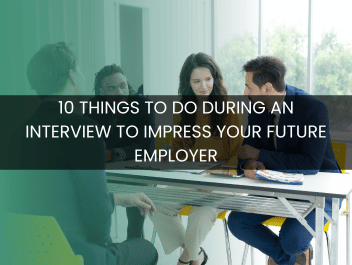

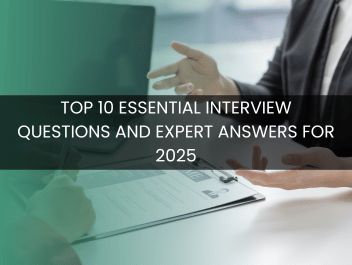


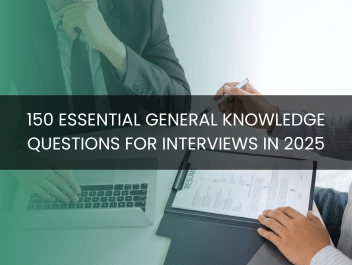


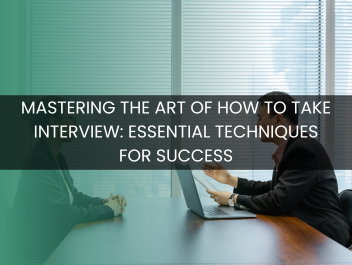
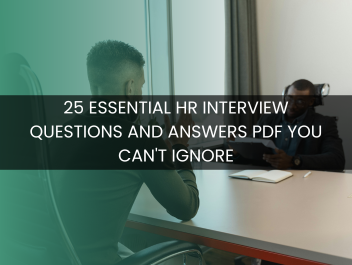
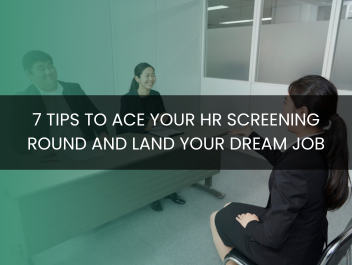
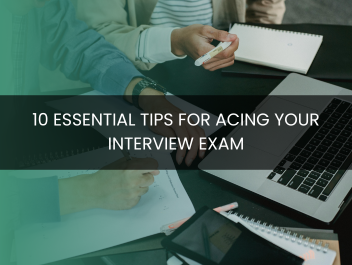
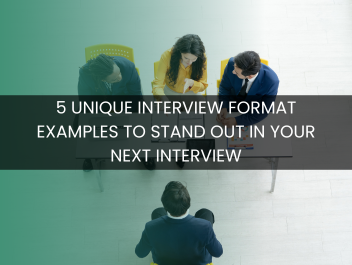
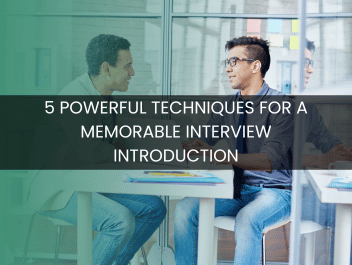
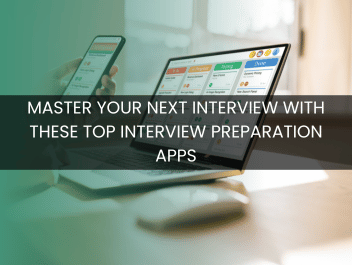



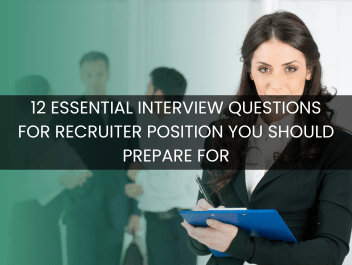
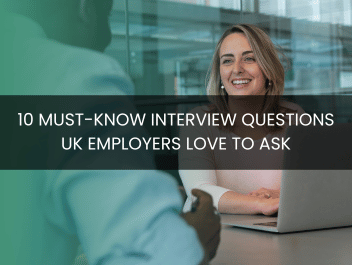

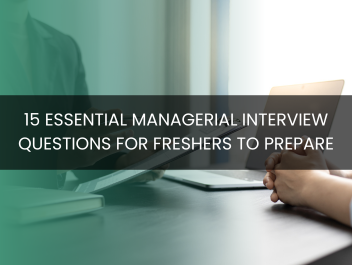

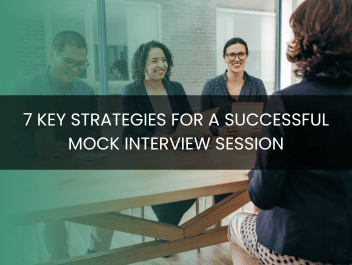
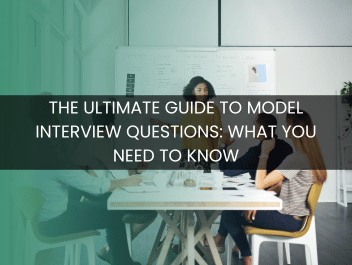


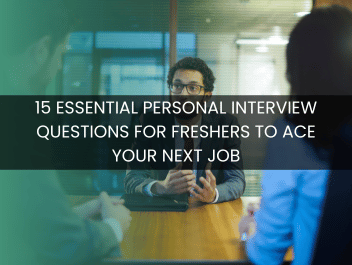


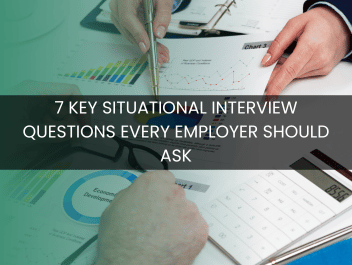
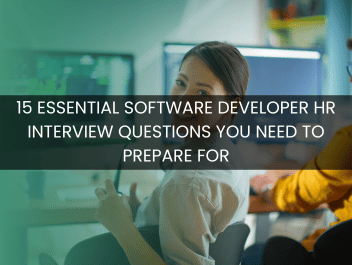
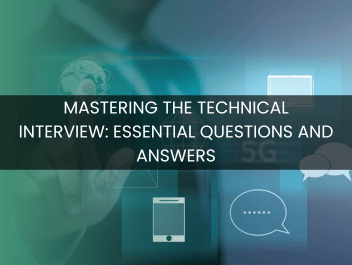
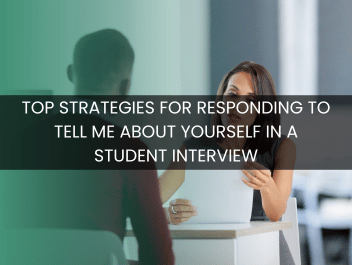
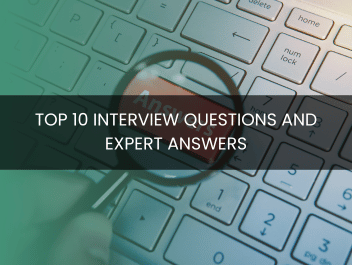
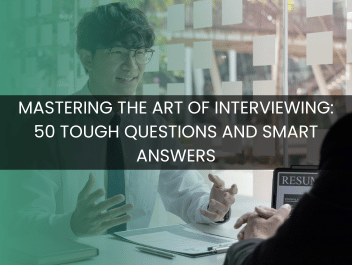
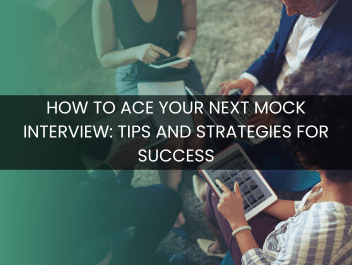
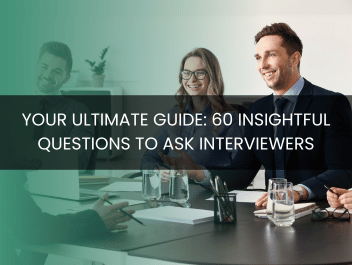



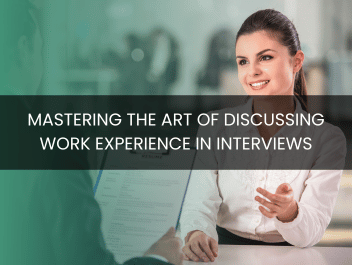


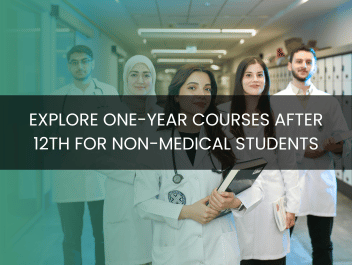

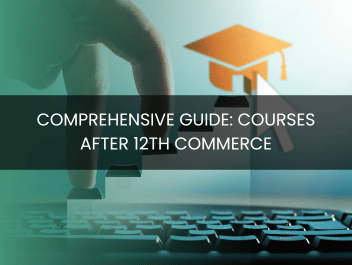


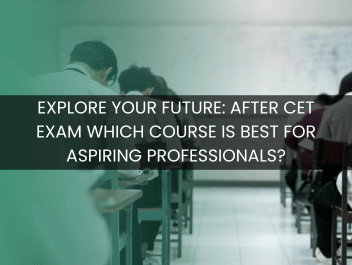




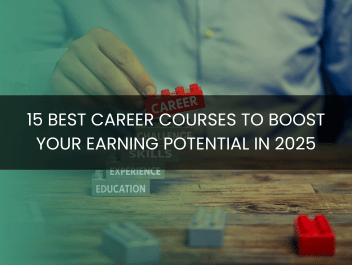





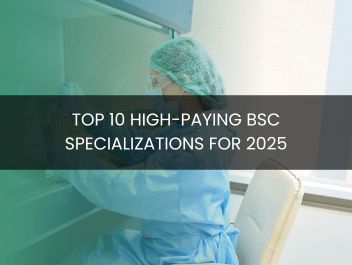

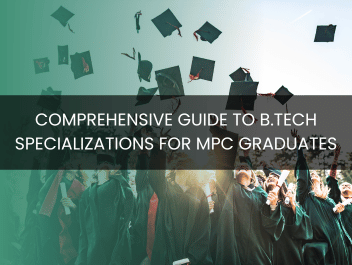


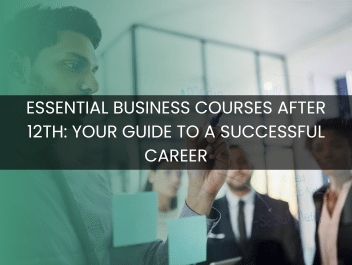
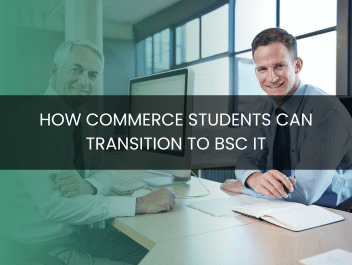
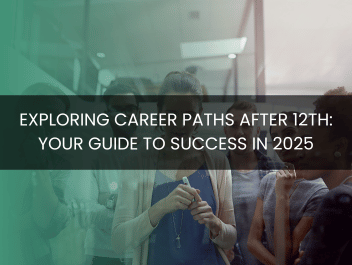

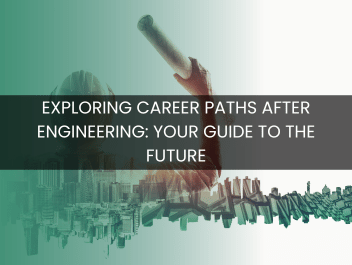
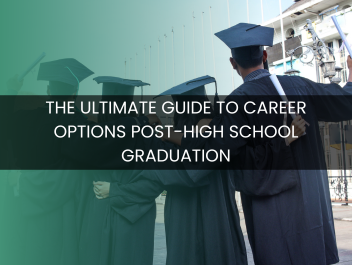

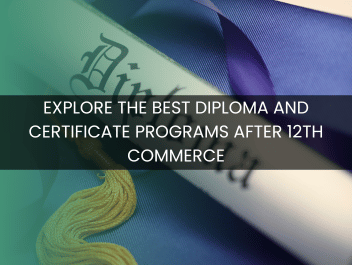

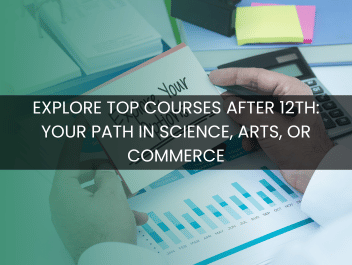




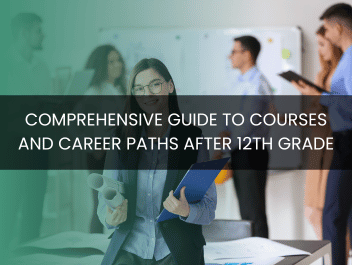










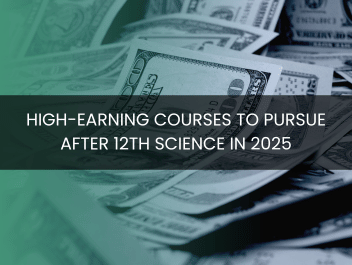


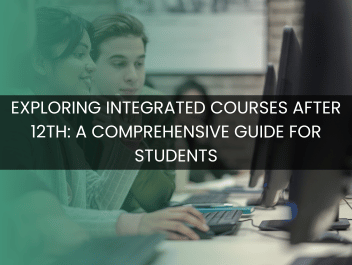



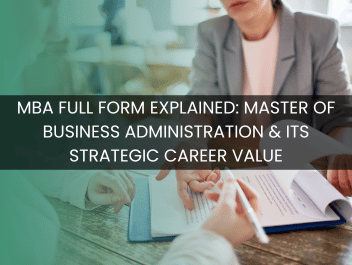
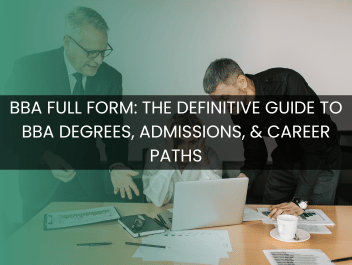
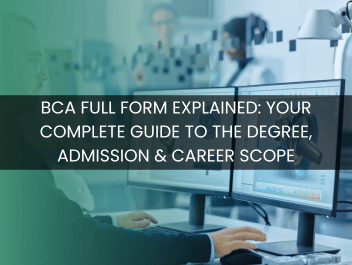
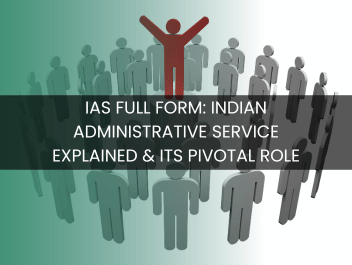

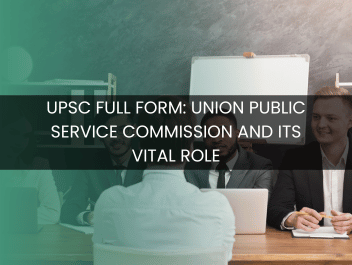

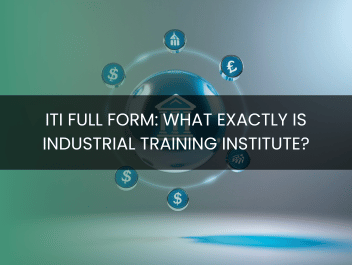
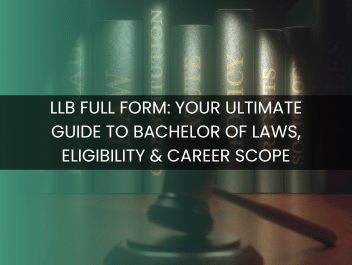

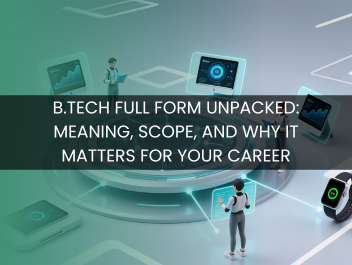
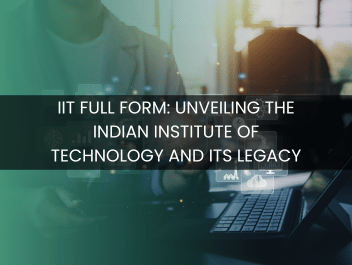

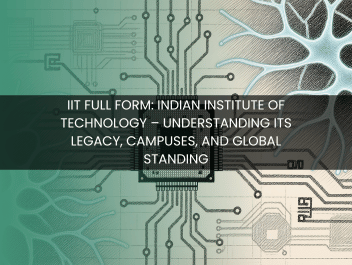
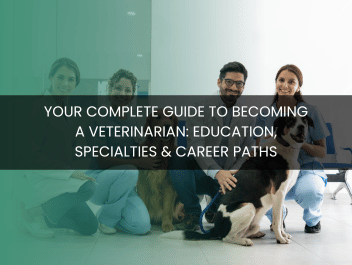
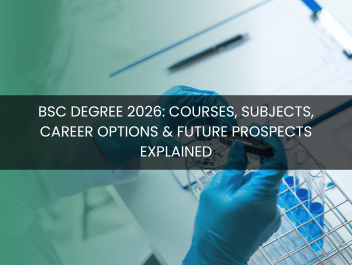



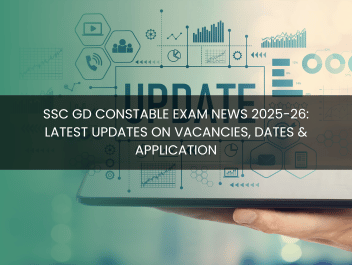

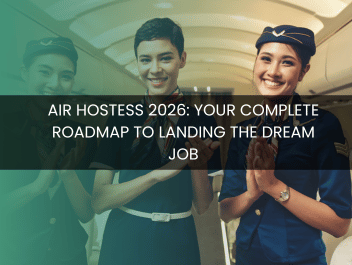
_Thumbnail_.png )
_Thumbnail_.png )


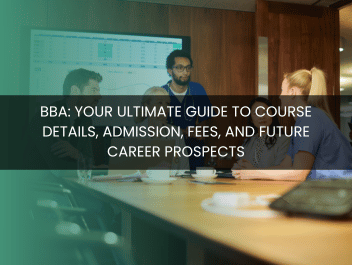



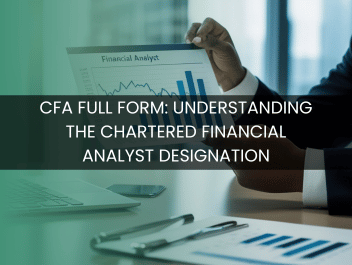
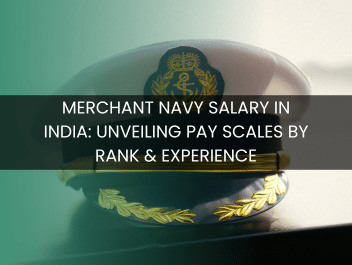
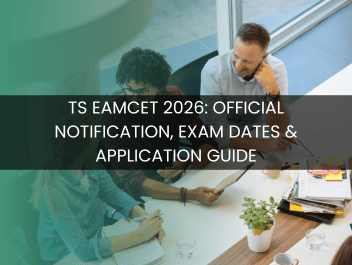
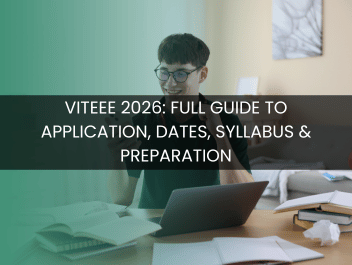

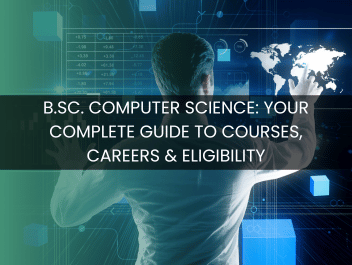


_All_You_Need_to_Know_Thumbnail_.png )






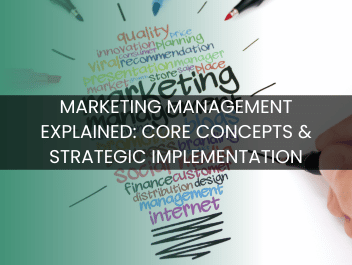
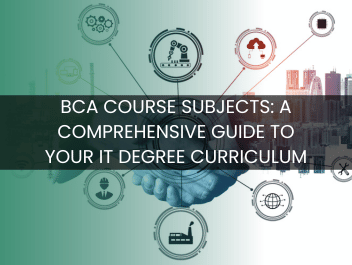
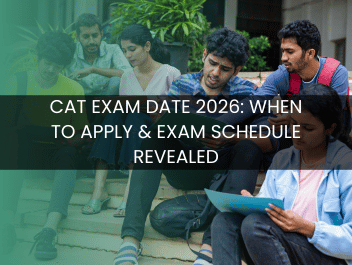
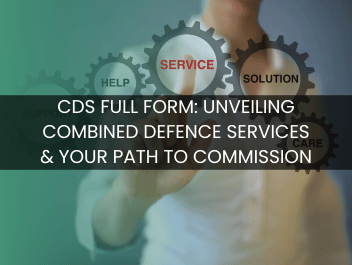
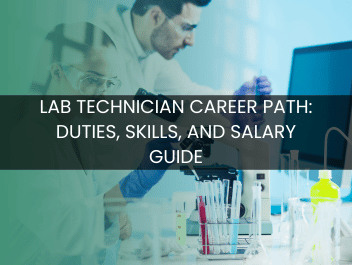
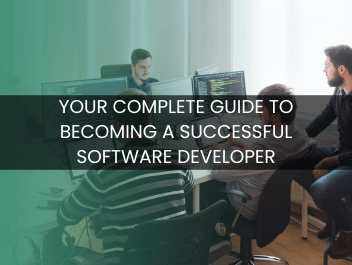



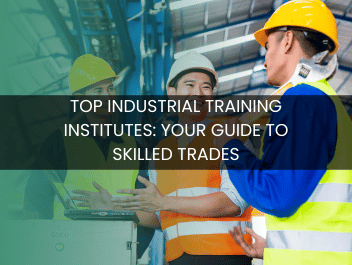



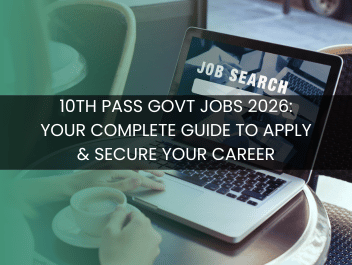
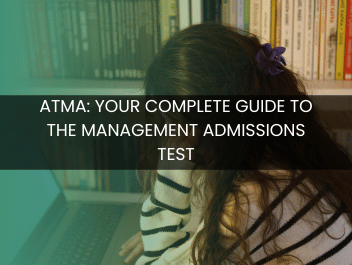

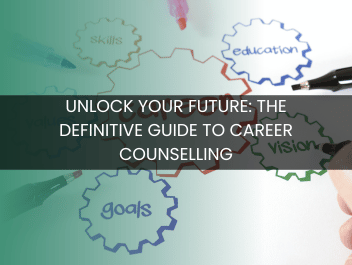

_Thumbnail_.png )

